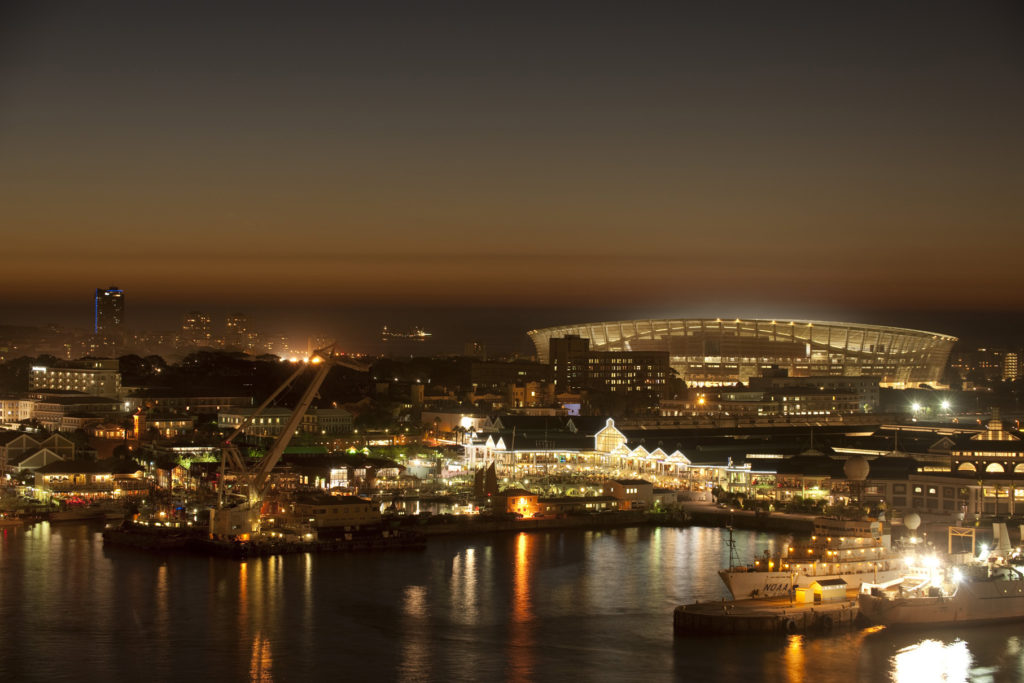The City of Cape Town plans to build a permanent desalination plant capable of producing 50-million litres of water per day by 2026. The project will cost R1.8-billion.
The City said that its Water Strategy is already in action as 15-million litres of groundwater is added to the water supply daily via the Table Mountain Group Aquifer. The strategy also includes other projects like the desalination plant, alien vegetation clearing, the augmentation of the Berg River and water reuse.
Mayco Member for water and waste services, Xanthea Limberg told the Cape Argus that “[t]he temporary desalination plants at Strandfontein and Monwabisi were constructed as emergency water supplies at the height of the drought crisis have both been decommissioned by the contractor in terms of contractual requirements.”
The Strandfontein desalination plant provided 3.8 billion litres of water, over a period of two years, before it was decommissioned in June 2020. At the time, the City said that it gained valuable knowledge through ‘hands-on’ experience of this alternative water technology.
Limberg said that the City will incorporate this experience into the planning and operation of the larger permanent desalination plant, which is provisionally programmed to start producing water by the end of 2026.
“The fixed component of the [water] tariff covers approximately 20% to 25% of the water costs. If this was dropped, the consumptive tariff would have to be increased to compensate. No profit is made from the sale of water, and the City strives to keep costs as low as possible,” said Limberg.
Kirsty Carden, the interim director of the University of Cape Town (UCT) Future Water Research Institute, told the Argus that the City’s need for a permanent desalination plant would depend on how much the demand for water in the city changed over time.
She added that the ‘Day Zero’ crisis highlighted how fragile a water system that is dependent on one source — rain-fed surface water, in the Cape Town’s case — can be, while calling attention to the need for diverse water resources.
The future of Cape Town’s water supply
The desalination project is one of the measures laid out in the City’s Water Strategy that was developed in the context of the three-year ‘Day Zero’ drought that Cape Town experienced between 2015 and 2017.
The City claims the strategy, which is informed by lessons learnt in the past, is a ‘road map towards a future in which there will be sufficient water for all’.

“In the medium and long term, desalination is very likely to become an increasingly significant share of the mix because it is scalable and not dependent on rainfall,” said the City.
While desalination and the infrastructure required for other ‘more expensive’ types of water supply may not be used all the time, the City says that the investment will not be wasted, as “all water schemes provide insurance against periods of low rainfall, which may become more frequent and more severe as a result of climate change.”
They also contend that the added cost of more expensive water supplies will be easier on the pocket than the cost of severe water restrictions.
The investment in new and diverse water sources, such as groundwater, wastewater reuse and desalination, will increase the cost of water by approximately R2,50 per month per person living in Cape Town, according to the City. “[This] is much less than the cost of a single bottle of water or cooldrink,” they say.
Picture: Twitter/@CityofCT

